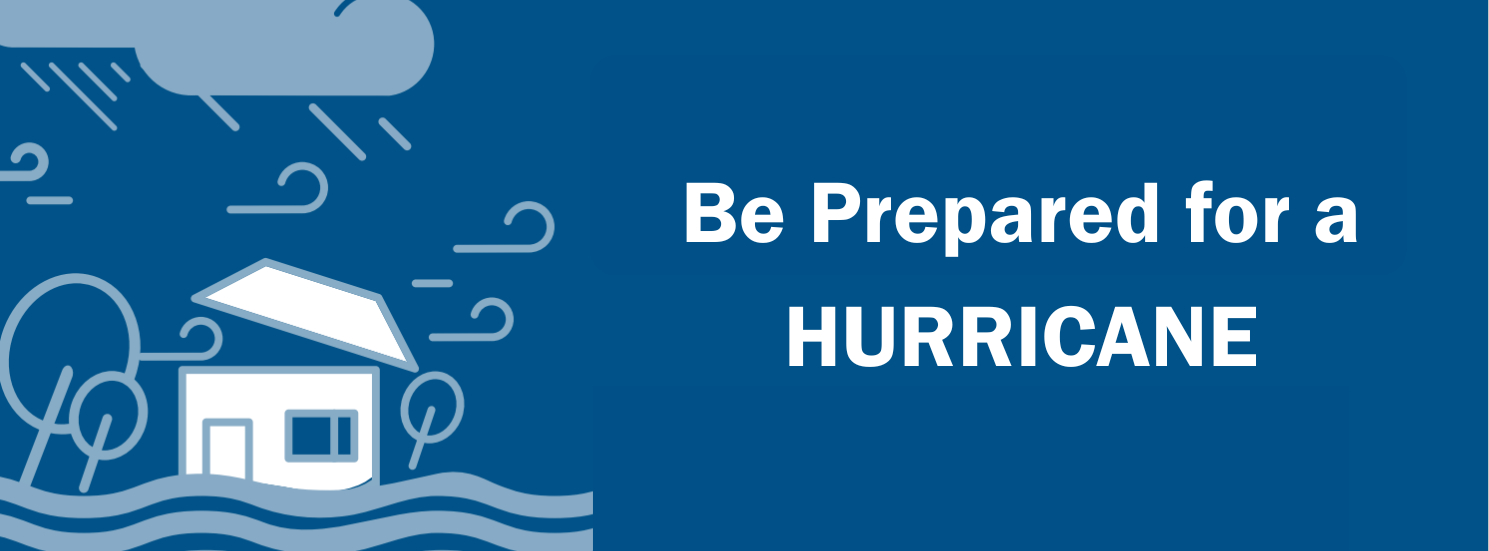
The 2025 Atlantic hurricane season officially began June 1, and experts are predicting an active season with about 13-19 named storms expected. Hurricanes and tropical storms can pose serious risks to your health, from injuries to illness caused by flooding, power outages, and unsafe conditions. Taking steps to prepare now can help you and your loved ones stay safe and health before, during, and after a storm.
1. Prepare for Your Household's Health Needs
Talk with your household about your emergency plan. Make sure everyone knows how to communicate during the storm and what to do if you get separated. Remember to include any pets or service animals in your plan. Plan for:
- How to pack and story any prescription medications during and after the storm
- Transportation or assistance for family members with medical conditions
- How to keep medical devices powered (like oxygen tanks or CPAP machines)
- Your pets’ health needs, including any medications
2. Build an Emergency Kit
Your emergency kit should include essentials to help you weather the storm by maintaining your health and safety:
- At least a week’s supply of prescription medications and medical supplies
- Extra glasses or contact lenses with cleaning solution
- Bottled water (at least one gallon per person per day)
- Non-perishable food that's easy to prepare
- First aid kit with bandages and antiseptics
- Hand sanitizer, soap, and disinfecting wipes
- Weather-appropriate clothing
- Masks and gloves, especially if you need to help others or be in shelters
3. Protect Your Home
Flooding and storm damage can lead to mold, contaminated water, and injury hazards. Prepare your home by:
- Storing important medications and health supplies in waterproof containers
- Moving important items and medical equipment off the floor
- Clearing gutters and drains to reduce flood risk
- Safely shutting off power before evacuating to avoid electrical hazards
- Securing outdoor furniture
4. Stay Informed
Keep up with weather updates and official emergency alerts so you can act quickly. Sign up for Fairfax Alerts to get free, timely emergency updates. If the power goes out, use battery-powered or hand-crank radios to stay informed. Pay close attention to public health notices about any boil water advisories, food safety, or shelter guidance.
5. Support Vulnerable Loved Ones
Older adults, people with disabilities, pregnant individuals, and those with chronic illnesses may need extra support during emergencies. Plan for:
- Power backup for medical devices
- Accessible transportation during evacuations
- Extra medications and supplies
Learn more about public health emergency preparedness at fairfaxcounty.gov/health/emergency

